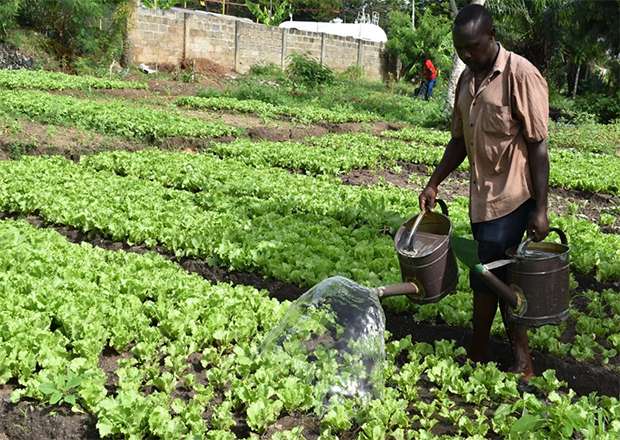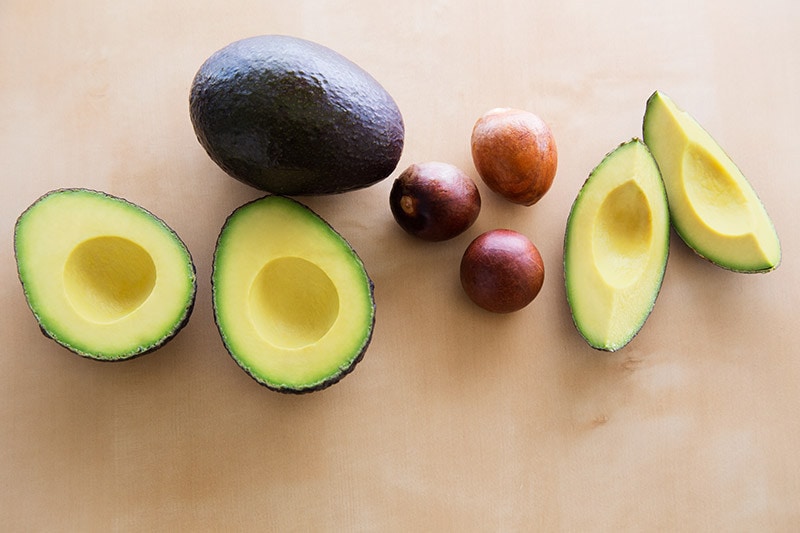
![]()
A recent study conducted in the Greater Accra Metropolis has shed light on the potential health risks associated with consuming vegetables grown in urban areas.
Titled ‘Analysis of Heavy Metals and Pathogen Levels in Vegetables Cultivated Using Selected Water Bodies in Urban Areas of the Greater Accra Metropolitan Area (GAMA)’, the research highlights alarming levels of mercury and faecal coliforms in commonly consumed vegetables.
The study focused on lettuce and bell pepper, two popular vegetables cultivated using water from open-surface wastewater sources such as drains and constructed reservoirs within the GAMA region.
Through a combination of surveys and laboratory analyses, researchers aimed to assess the extent of heavy metal and pathogen contamination in these vegetables.
Surveying 67 vegetable farmers, researchers gathered insights into farming practices and water sources used for irrigation. Subsequently, vegetable samples were collected from three urban farm sites: Haatso, Dzorwulu, and the Weija Irrigation Scheme site (WISS). These samples underwent rigorous laboratory testing to determine the levels of heavy metals and faecal coliforms present.
The findings of the study revealed alarming levels of mercury contamination in the sampled vegetables, raising concerns about the potential health impacts on consumers. Mercury, a toxic heavy metal, poses serious health risks when ingested regularly, including neurological and developmental disorders.
Additionally, the presence of faecal coliforms in the vegetables points to the contamination of irrigation water with sewage or fecal matter, indicating a heightened risk of foodborne illnesses among consumers.
Faecal coliforms are indicators of poor sanitation and hygiene practices, and their presence in food can lead to gastrointestinal infections and other health complications.
Implications of Findings
The Implications of these findings are significant, especially in densely populated urban areas where access to clean water for irrigation is limited.
Without proper regulation and monitoring of farming practices, consumers may unknowingly be exposed to harmful contaminants through the consumption of seemingly healthy vegetables.
Addressing this issue requires a multi-faceted approach involving government intervention, agricultural policies, and public awareness campaigns. Implementing measures to improve water quality, promote safe farming practices, and educate both farmers and consumers about the risks associated with urban farming are crucial steps towards safeguarding public health.
The concentrations of lead (Pb), mercury (Hg) and cadmium (Cd) were determined using atomic absorption spectroscopy after microwave digestion of the vegetables, while total faecal coliform was quantified using the MacConkey-Endo broth method.
Results from all three sites showed that the concentrations of Cd (≤0.001 μg/mg) and Pb (≤0.005 μg/mg) in lettuce were within the World Health Organization’s (WHO) permissible levels.
However, the levels of Hg (≥0.309 μg/mg) and faecal coliform (>5 count/100 ml) in the vegetables from all three sites exceeded the WHO permissible limits.
The study concludes that consumers of vegetables from such urban farms are exposed to health risks associated with Hg and faecal coliforms.
When contacted, a team member of the study, Alan Gbeasor, told the B&FT that the phenomenon is a significant issue. The study indicates the need to intensify education on the health risks of consuming vegetables produced from open-surface water sources in the observed sites.
It also suggests the enforcement of existing phytosanitary standards to enhance food safety and the quality of urban vegetables.
Conventional Practice
Open-surface water sources have, indeed, been utilised for irrigating vegetable farms in cities and many urban centers. These open-surface waters often contain unmonitored concentrations of health-threatening contaminants, posing risks to human health, especially when used to produce vegetables for consumption.
However, information on the levels of heavy metals and faecal coliform bacteria in such vegetables at selected sites, particularly in the Greater Accra Metropolitan Area (GAMA) of Ghana, is scarce.
Urbanisation Causing Water Scarcity
The rapid rate of urbanisation (56.7 percent) in the country and unpredictable rainfall patterns, leading to freshwater scarcity, have compelled many small-scale farmers to resort to using polluted or contaminated wastewater sources for urban vegetable farming.
This practice not only raises concerns about the quality of agricultural produce, but also gives rise to potential food safety and health risks for urban families who rely on these vegetables in the Greater Accra Metropolitan Area.
According to the Mordor Intelligence Report in 2024, the country’s vegetable market share is estimated at US$0.95billion and is projected to reach US$1.2billion by 2029.
Source: thevaultznews.com




